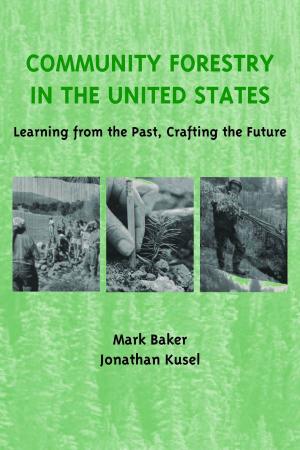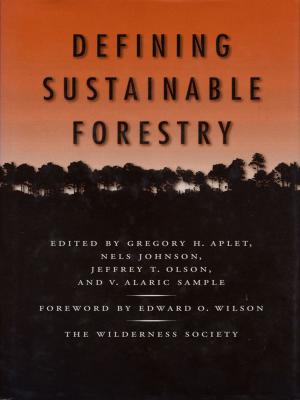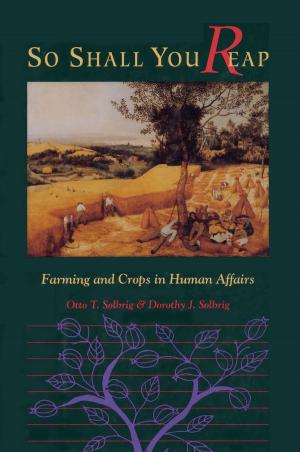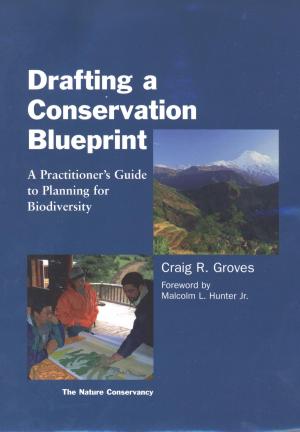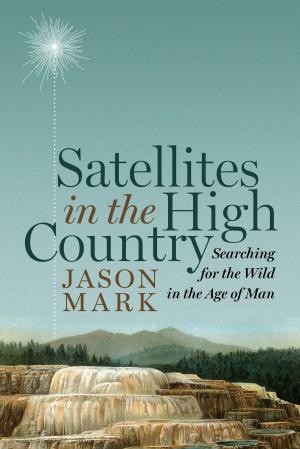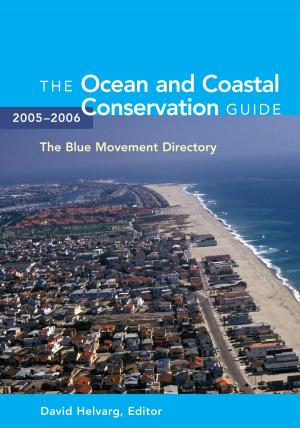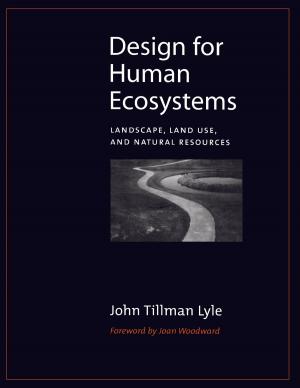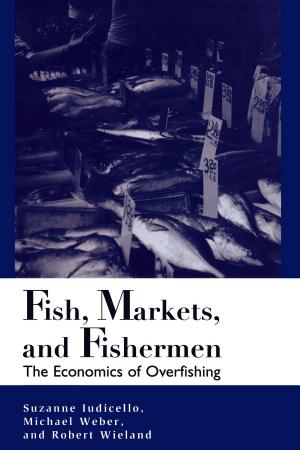The Western Confluence
A Guide To Governing Natural Resources
Nonfiction, Reference & Language, Law, Environmental, Social & Cultural Studies, Political Science, Government, Public Policy| Author: | Charles F. Wilkinson, Will Harmon, Matthew McKinney | ISBN: | 9781597262521 |
| Publisher: | Island Press | Publication: | February 22, 2013 |
| Imprint: | Island Press | Language: | English |
| Author: | Charles F. Wilkinson, Will Harmon, Matthew McKinney |
| ISBN: | 9781597262521 |
| Publisher: | Island Press |
| Publication: | February 22, 2013 |
| Imprint: | Island Press |
| Language: | English |
For 150 years, the American West has been shaped by persistconflicts over natural resources. This has given rise to a succession of strategies for resolving disputes-prior appropriation, scientific management, public participation, citizen ballot initiatives, public interest litigation, devolution, and interest-based negotiation. All of these strategies are still in play, yet the West remains mired in gridlock. In fact, these strategies are themselves a source of conflict.
The Western Confluence is designed to help us navigate through the gridlock by reframing natural resource disputes and the strategies for resolving them. In it, authors Matthew McKinney and William Harmon trace the principles of natural resource governance across the history of western settlemand reveal how they have met at the beginning of the twenty-first century to create a turbid, often contentious confluence of laws, regulations, and policies. They also offer practical suggestions for resolving currand future disputes. Ultimately, Matthew McKinney and William Harmon argue, fully integrating the values of interest-based negotiation into the briar patch of existing public decision making strategies is the best way to foster livable communities, vibrant economies, and healthy landscapes in the West.
Relying on the authors' first-hand experience and compelling case studies, The Western Confluence offers useful information and insight for anyone involved with public decision making, as well as for professionals, faculty, and students in natural resource managemand environmental studies, conflict management, environmental management, and environmental policy.
For 150 years, the American West has been shaped by persistconflicts over natural resources. This has given rise to a succession of strategies for resolving disputes-prior appropriation, scientific management, public participation, citizen ballot initiatives, public interest litigation, devolution, and interest-based negotiation. All of these strategies are still in play, yet the West remains mired in gridlock. In fact, these strategies are themselves a source of conflict.
The Western Confluence is designed to help us navigate through the gridlock by reframing natural resource disputes and the strategies for resolving them. In it, authors Matthew McKinney and William Harmon trace the principles of natural resource governance across the history of western settlemand reveal how they have met at the beginning of the twenty-first century to create a turbid, often contentious confluence of laws, regulations, and policies. They also offer practical suggestions for resolving currand future disputes. Ultimately, Matthew McKinney and William Harmon argue, fully integrating the values of interest-based negotiation into the briar patch of existing public decision making strategies is the best way to foster livable communities, vibrant economies, and healthy landscapes in the West.
Relying on the authors' first-hand experience and compelling case studies, The Western Confluence offers useful information and insight for anyone involved with public decision making, as well as for professionals, faculty, and students in natural resource managemand environmental studies, conflict management, environmental management, and environmental policy.

